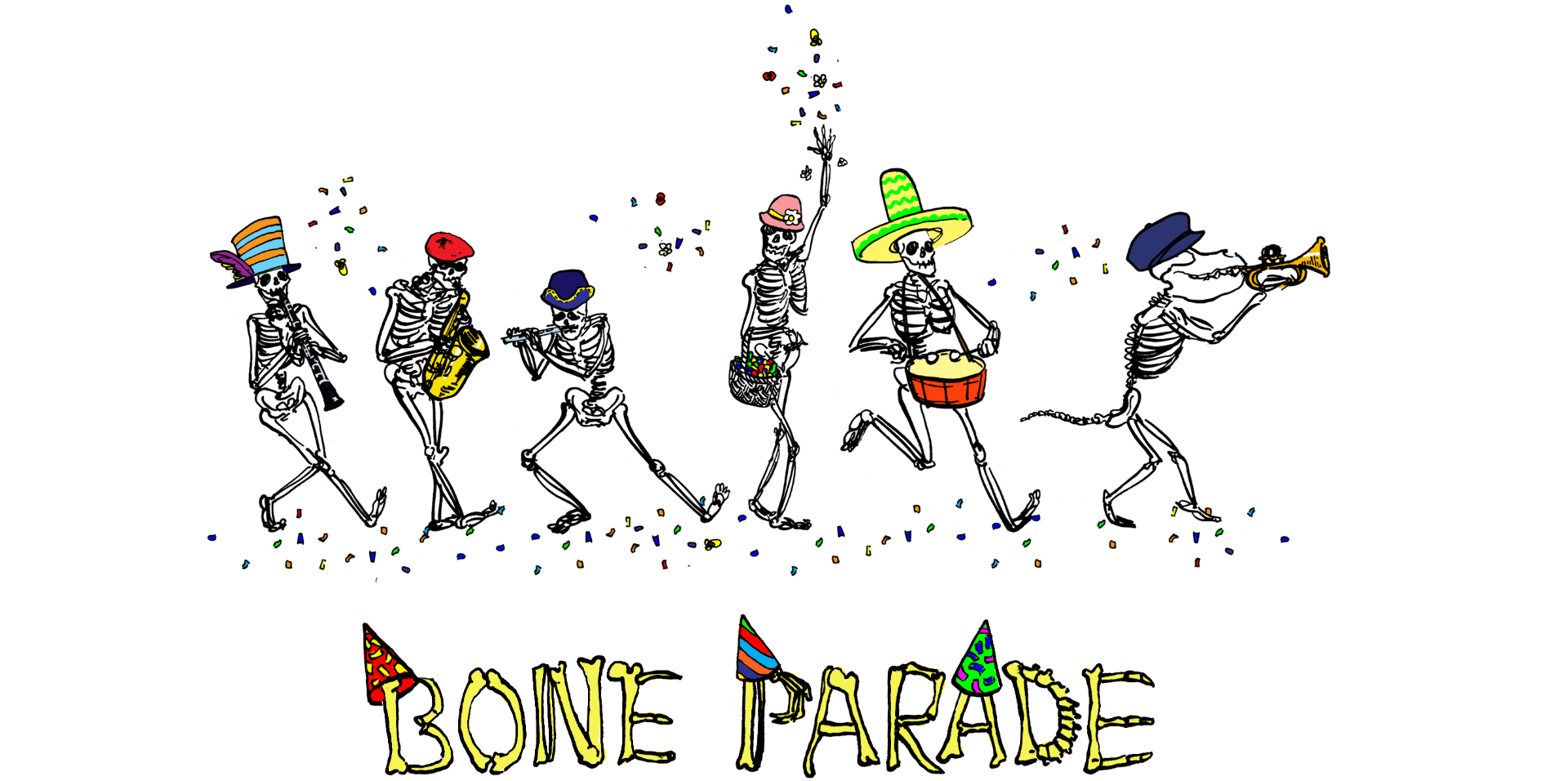A Small, Exquisite Gallery by Michael Loyd Gray
There was only the one painting.
But a line formed around the block as soon as the sun peeked over the horizon. Feet shuffled and voices rose and fell. When it rained, umbrellas blossomed. Anticipation hung in the air like a pesky gas. The Curator looked out his office window. He had become an old man, his beard white. Rain streaked the glass, his view distorted.
“More every day,” he muttered to his assistant, Jarvis.
“Did you expect something different, Curator?”
The Curator glanced at the floor, arms over his chest.
“No. I suppose I didn’t.”
“Then, all is well.”
“We must certainly say that it is, anyway.”
“The rain doesn’t seem to slow them down,” Jarvis said. “Like ants, really.”
“I suppose they’d swim here, if necessary.”
“And why not, Curator?”
The Curator saw certainty in Jarvis’s face.
“What will they do when winter comes, Jarvis?”
“They will wear warm coats. And stomp their feet.”
The Curator nodded and glanced at his watch.
“Okay, Jarvis—time to let them at it.”
Jarvis unlocked the double doors and people streamed in, water dripping off umbrellas and shoulders and hair as they eagerly trudged along, awaiting their turn at the painting. People expressed surprise and then delight when it was their turn. Sometimes, Jarvis had to keep the line moving when someone became transfixed in front of the painting.
The Curator retreated to his office for coffee and looked again out the foggy window, at the reactions on the faces of the first ones to leave. He had to wipe the condensation away to see better. People lingered on the sidewalk, in pairs or small groups, talking with great animation. He studied faces carefully.
He believed he saw—gratitude.
The Curator reached for the bottle of bourbon in a desk drawer and poured some in his coffee.
He was grateful for the bourbon.
Jarvis shooed the last of the people out and locked the doors. It had been a long day of hordes tramping in and out, water everywhere. The Curator fetched a mop from a closet and set to work.
“There are people for that, Curator.”
“I don’t mind. It gives me something to do.”
“But you are The Curator.”
“What of it?”
Jarvis placed his hands on his hips, the look of frustration The Curator knew well.
“It’s unseemly, Curator.”
“Define unseemly, Jarvis.”
“Improper?”
“It’s just honest work,” The Curator said, smiling thinly. “And good exercise for an old man.”
“It’s beneath a Curator.”
“So you have said. Many times.”
“Well, it’s my job to help you, Curator.”
The Curator stopped mopping and looked at Jarvis.
“And you do the job magnificently.”
Jarvis looked quite pleased. The Curator was sure that Jarvis missed the trace of sarcasm.
Janitors soon arrived to finish mopping the floors and to then wax and buff them until they shone terrifically under the track lighting. The floors were waxed and buffed every evening. It was felt that the painting deserved such attention to detail and cleanliness.
Jarvis looked around the gallery after the janitors departed. The Curator stood by the door, his hat in his hand.
“Excellent,” Jarvis said, eyeing the brilliant floor.
“Very shiny, to be sure,” The Curator said. He was already thinking of a bourbon at the little bar down the street on the corner.
“It really is an exquisite small gallery,” Jarvis said enthusiastically, his hands together like a praying minister. He was next in line to become The Curator.
“It’s small, alright,” The Curator said.
“Minimalist,” Jarvis said.
“Have it your way. Go on now, Jarvis. It’s getting late.”
“You’ll be along soon, Curator?”
“Of course.”
Jarvis hesitated but then went out the door.
The Curator put on his hat, even though hats were forbidden inside the gallery. He stepped in front of the painting and gazed at it for a moment, shaking his head. It was actually just a frame on the wall, and not even an expensive, gilded frame worth inspection at length.
It framed nothing at all.
He stared at it, a wave of rage building and cresting. He went to the storeroom and searched among the pieces banned by the regime that were earmarked for private collections and not the public. He found a Reinhardt that he remembered “did not go far enough,” according to an obese cabinet minister.
The Curator sighed and then allowed a faint smile. He went to the door, looking back once, and his smile expanded. He locked the gallery door behind him and walked to the corner bar and sat on a stool, toward the back, where the light was dim, and he could drink in the shadows and contemplate retribution.
Michael Loyd Gray's stories have appeared in nearly 40 magazines, and he is the author of six published novels. The Armageddon Two-Step, winner of a Book Excellence Award, was released in December 2019. Well Deserved won the 2008 Sol Books Prose Series Prize and Not Famous Anymore garnered a support grant from the Elizabeth George Foundation in 2009. Gray is the winner of the 2005 Alligator Juniper Fiction Prize and 2005 The Writers Place Award for Fiction. He earned a MFA in English in 1996 from Western Michigan University, where he was a Phi Kappa Phi National Honor Society scholar. He earned a bachelor’s degree from the University of Illinois. He loves cats and electric guitars.
